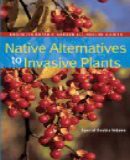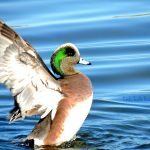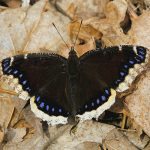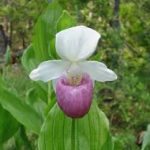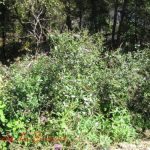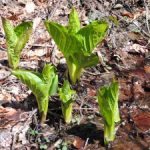The UN has just announced that invasive species and climate change are the biggest threat to ecosystems and biodiversity. The cost of controlling invasive plants in the US is estimated at more than $138 billion every year. But invasive plants continue to be sold by the horticultural trade who have turned a blind eye to this problem in the pursuit of profits.
This attitude is completely irresponsible and short-sighted. Please educate your local nursery about the dangers of invasive plants. The damage to ecosystems and endangered wildlife that is caused by invasive plants is enormous. Each of us must take responsibility for the removal of invasive plants from our Ecosystem Gardens.
Here at Ecosystem Gardening, we have a growing rogues gallery of some of the worst offenders on the “Most Hated Plants” list, including Norway Maple, Brazilian Pepper, Paulownia, Chinese Lespedeza, with more to be added every week.
OK, you say, I get the point. Invasive plants are bad. But how do I know what’s good?
The good thing is there are many resources for choosing native alternatives to invasive plants. Start with the Top 10 woody plants for attracting wildlife to your Ecosystem Garden and the top 10 herbaceous plants for attracting wildlife to your Ecosystem Garden.
Then check out this great book, Native Alternatives to Invasive Plants, by the Brooklyn Botanic Garden. Native Alternatives contains a photographic encyclopedia of many invasive plants with the reasons why the horticultural trade thought they were great landscape additions.
For each plant Native Alternatives lists at least one, but often several, native alternatives to these invasive plants, with reasons why they better meet the conditions for planting given by the horticulturalists and landscape designers.
Native plants support much more wildlife than do exotic plants without the harmful ecosystem impacts of invasive plants. Please, when adding a new plant to your garden, do NOT plant any invasive plant and remember that native plants are much better for providing habitat for wildlife.
More From Ecosystem Gardening:
Submit your review | |

